
Deutsch-Chinesische Enzyklopädie, 德汉百科
 Women's Soccer World Cup 2015
Women's Soccer World Cup 2015

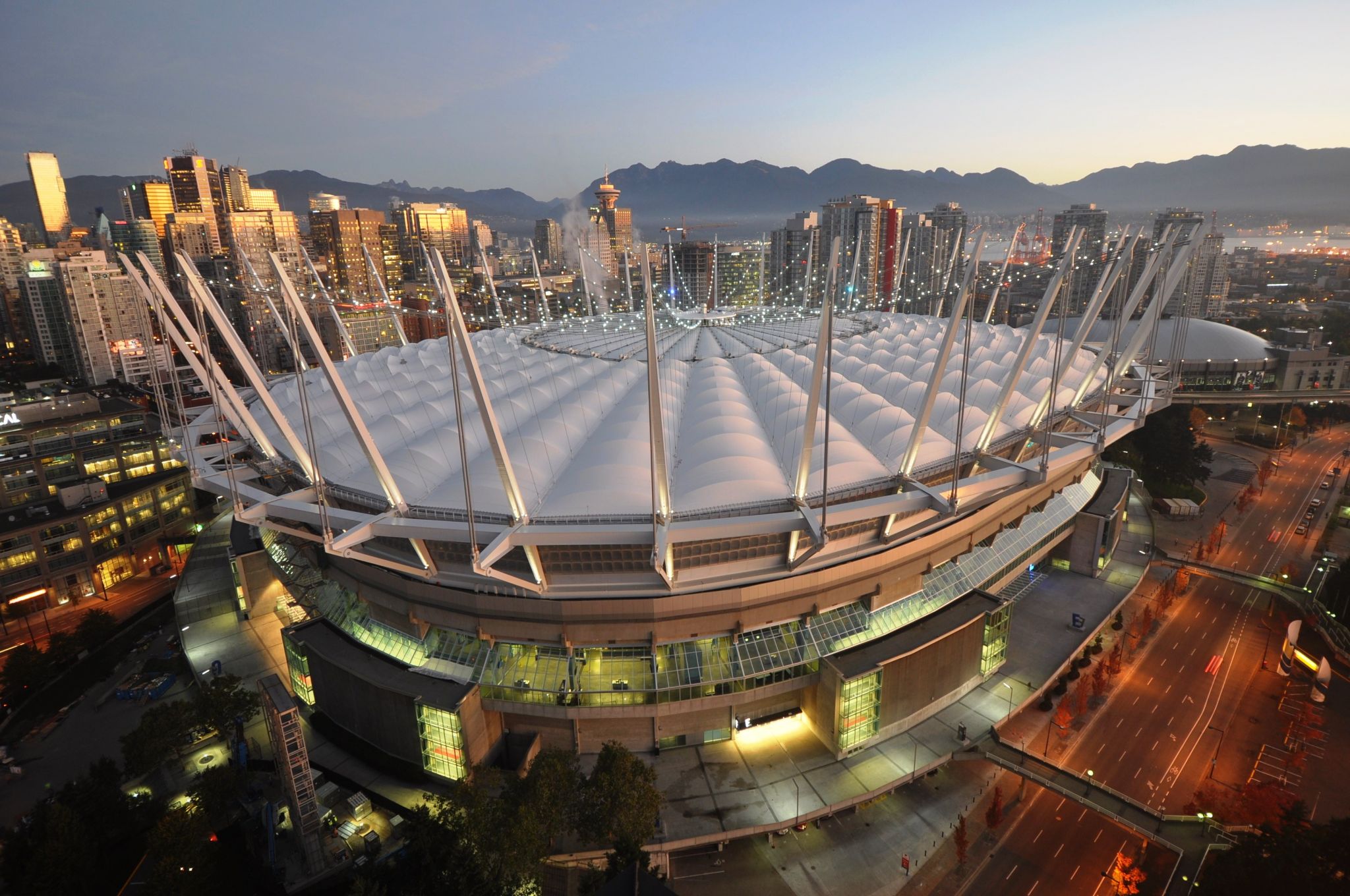
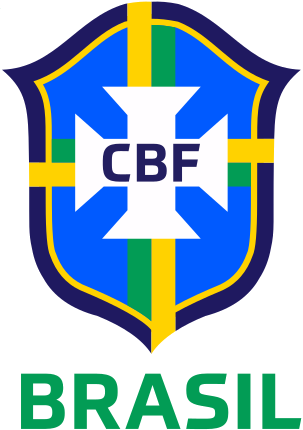
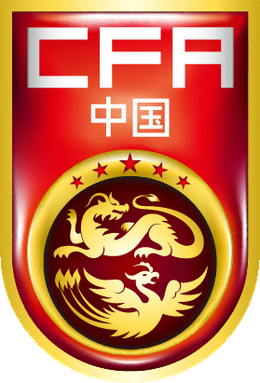
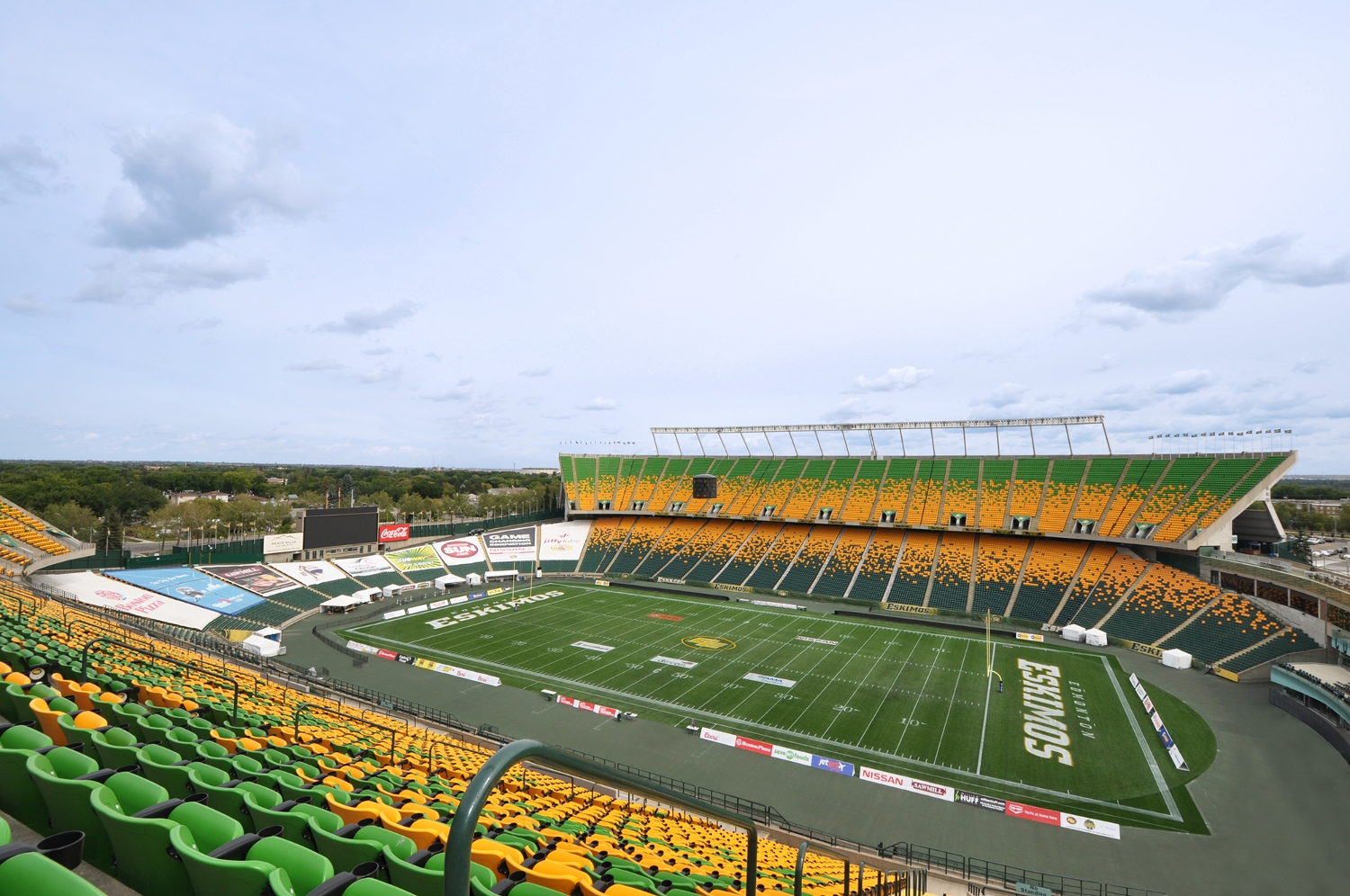
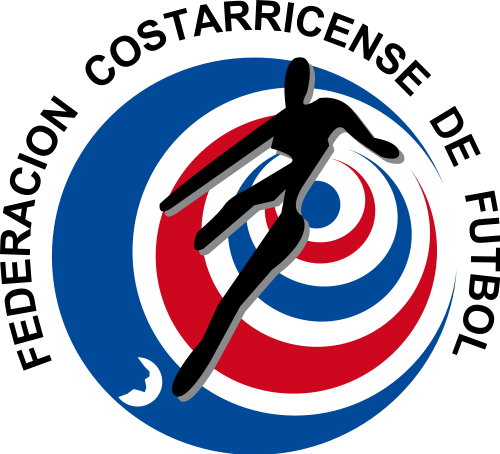
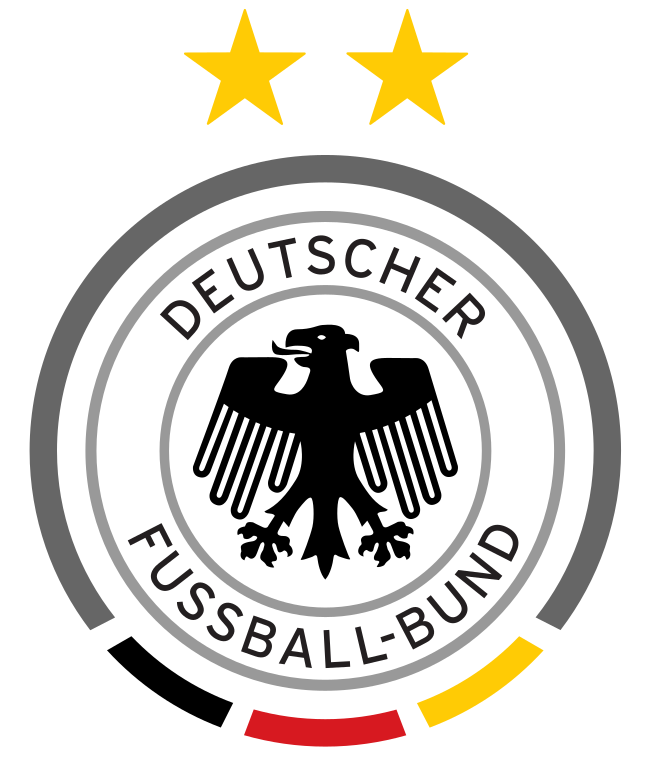


埃德蒙顿(英语:Edmonton,香港作爱民顿,台湾作艾德蒙顿,台山话作点问顿)是加拿大阿尔伯塔省的首府,该省的第二大城市(仅次于卡尔加里),城市人口为 899,447人(2016年数据),而大埃德蒙顿地区(CMA)人口为1,363,300(2015年数据)。埃德蒙顿是加拿大人口第二多的省会城市(排在多伦多之后)。埃德蒙顿是阿尔伯塔省的文化、政府和教育中心,城市拥有轻轨运输,一年有许多节日,大多集中在夏季,并有北美最大的室内购物中心——西部埃德蒙顿购物中心和加拿大最大的历史公园——埃德蒙顿炮台公园(Fort Edmonton Park)。2004年,埃德蒙顿庆祝其建市100周年(1904年)。
Edmonton [ˈedməntən] ist die Hauptstadt der kanadischen Provinz Alberta. Sie hat 932.546 Einwohner, hingegen hat die Metropolregion (CMA) 1.411.945 Einwohner (2017).[2] Damit ist Edmonton nach Calgary die zweitgrößte Stadt der Provinz und die fünftgrößte in Kanada. Mit 683 km² Gesamtfläche ist sie eine der flächengrößten Städte Nordamerikas, hat damit aber auch eine der niedrigsten Bevölkerungsdichten.
Indianische Siedlungen reichen mindestens 11.000 Jahre zurück, doch führt sich die Stadt auf ein Fort, das 1795 errichtet wurde, zurück. 1905 wurde Edmonton Hauptstadt der Provinz, die etwa bis zum Zweiten Weltkrieg stark von der Landwirtschaft abhing. Kriegsproduktion und Bodenschätze brachten der Stadt trotz des unwirtlichen Klimas einen lange anhaltenden industriellen Boom. Den bedeutendsten Wirtschaftszweig stellen heute die Dienstleistungsgewerbe dar, deren größter Arbeitgeber neben der Regierung die University of Alberta ist.
エドモントン(英: Edmonton[2])は、カナダのアルバータ州にある都市。同州の州都であり、州内ではカルガリーに次ぐ第2の都市である(国内5位)。また、カナダの州都としてはトロントに次ぐ第2位の人口規模を持つ。肥沃な農業地帯が広がるプレーリーに位置し、ノースサスカチュワン川が周辺地域の中心を流れている。
市内人口はおよそ81万人、広域圏人口はおよそ116万人で、北米の100万人都市としては最北端に位置する。州北部で盛んなオイルサンド産業と、ノースウエスト準州で運営されている大規模なダイヤモンド鉱への玄関口となっている。文化や行政、教育が盛んな地域でもある。「ザ・フェスティバル・シティ」[3]と呼ばれるほど年間を通してイベント行事が開催され、市内には北米最大のショッピングモール「ウェスト・エドモントン・モール」と最大の歴史公園「フォート・エドモントン(Fort Edmonton)」がある。
Edmonton (/ˈɛdməntən/ (![]() listen); Cree: ᐊᒥᐢᑲᐧᒋᐊᐧᐢᑲᐦᐃᑲᐣ;[13] Blackfoot: Omahkoyis[14]) is the capital city of the Canadian province of Alberta. Edmonton is on the North Saskatchewan River and is the centre of the Edmonton Metropolitan Region, which is surrounded by Alberta's central region. The city anchors the north end of what Statistics Canada defines as the "Calgary–Edmonton Corridor".[15]
listen); Cree: ᐊᒥᐢᑲᐧᒋᐊᐧᐢᑲᐦᐃᑲᐣ;[13] Blackfoot: Omahkoyis[14]) is the capital city of the Canadian province of Alberta. Edmonton is on the North Saskatchewan River and is the centre of the Edmonton Metropolitan Region, which is surrounded by Alberta's central region. The city anchors the north end of what Statistics Canada defines as the "Calgary–Edmonton Corridor".[15]
The city had a population of 932,546 in 2016, making it Alberta's second-largest city and Canada's fifth-largest municipality.[5] Also in 2016, Edmonton had a metropolitan population of 1,321,426, making it the sixth-largest census metropolitan area (CMA) in Canada.[7] Edmonton is North America's northernmost metropolitan area with a population over one million. A resident of Edmonton is known as an Edmontonian.[16]
Edmonton's historic growth has been facilitated through the absorption of five adjacent urban municipalities (Strathcona, North Edmonton, West Edmonton, Beverly and Jasper Place)[17] in addition to a series of annexations through 1982,[18] and the annexation of 8,260 ha (82.6 km2) of land from Leduc County and the city of Beaumont on January 1, 2019.[8] Known as the "Gateway to the North",[19] the city is a staging point for large-scale oil sands projects occurring in northern Alberta and large-scale diamond mining operations in the Northwest Territories.[20]
Edmonton is a cultural, governmental and educational centre. It hosts a year-round slate of festivals, reflected in the nickname "Canada's Festival City".[1] It is home to North America's largest mall, West Edmonton Mall (the world's largest mall from 1981 until 2004),[21] and Fort Edmonton Park, Canada's largest living history museum.[22]
Edmonton (![]() /ˈɛdməntən/ (?·i)) es la capital de la provincia canadiense de Alberta, así como sede de sus poderes y su administración. Está ubicada en la parte central de la provincia, una de las zonas más fértiles de las llanuras canadienses, en torno al río Saskatchewan Norte. 812 201 personas viven en Edmonton,1 lo que la convierte en la segunda ciudad más populosa de la provincia, detrás de Calgary, la segunda capital de provincia con más habitantes tras Toronto y la quinta de Canadá. Además, su área metropolitana es la sexta más poblada del país, con una población de 1 034 945 habitantes.2
/ˈɛdməntən/ (?·i)) es la capital de la provincia canadiense de Alberta, así como sede de sus poderes y su administración. Está ubicada en la parte central de la provincia, una de las zonas más fértiles de las llanuras canadienses, en torno al río Saskatchewan Norte. 812 201 personas viven en Edmonton,1 lo que la convierte en la segunda ciudad más populosa de la provincia, detrás de Calgary, la segunda capital de provincia con más habitantes tras Toronto y la quinta de Canadá. Además, su área metropolitana es la sexta más poblada del país, con una población de 1 034 945 habitantes.2
La ciudad abarca 683 km², una superficie mayor que la de Chicago, Filadelfia, Toronto o Montreal. Sin embargo, tiene una de las densidades de población más bajas de América del Norte, alrededor del 9,4 % de la de Nueva York. El residente de Edmonton es conocido como edmontoniano.
Edmonton sirve como enlace a la zona norte del «Corredor Calgary-Edmonton», una de las cuatro regiones que en conjunto comprenden el 50 % de la población de Canadá. Desde ella se organizan proyectos a gran escala de arenas de alquitrán que se desarrollan en el norte de Alberta, así como para proyectos de minería de diamantes en los Territorios del Noroeste.
Es el centro cultural, gubernamental y educativo de Alberta. Es sede de varios festivales de talla mundial, lo que le ha valido para ganarse el título de «La ciudad festival» (The Festival City).3 En Edmonton está el centro comercial más grande de Norteamérica, el West Edmonton Mall (que fue el más grande del mundo desde 1981 hasta 2004), y el museo de historia viva más grande de Canadá, el Fort Edmonton Park. En 2004, la ciudad celebró el centenario de su fundación como ciudad.
Edmonton è il capoluogo della provincia canadese dell'Alberta. Si trova nella parte centro settentrionale della provincia, un'area che conta alcune delle più fertili terre agricole delle praterie canadesi. Dopo Calgary, è la seconda città dell'Alberta, con 932.546 abitanti. La sua area metropolitana, con una popolazione stimata nel 2016 in 1.392.600 abitanti,[2] è la quinta del Canada. Tra le città delle Americhe con più di un milione di abitanti è quella situata più a nord.
Edmonton (![]() /ˈɛdməntən/ (?·i)) es la capital de la provincia canadiense de Alberta, así como sede de sus poderes y su administración. Está ubicada en la parte central de la provincia, una de las zonas más fértiles de las llanuras canadienses, en torno al río Saskatchewan Norte. 812 201 personas viven en Edmonton,1 lo que la convierte en la segunda ciudad más populosa de la provincia, detrás de Calgary, la segunda capital de provincia con más habitantes tras Toronto y la quinta de Canadá. Además, su área metropolitana es la sexta más poblada del país, con una población de 1 034 945 habitantes.2
/ˈɛdməntən/ (?·i)) es la capital de la provincia canadiense de Alberta, así como sede de sus poderes y su administración. Está ubicada en la parte central de la provincia, una de las zonas más fértiles de las llanuras canadienses, en torno al río Saskatchewan Norte. 812 201 personas viven en Edmonton,1 lo que la convierte en la segunda ciudad más populosa de la provincia, detrás de Calgary, la segunda capital de provincia con más habitantes tras Toronto y la quinta de Canadá. Además, su área metropolitana es la sexta más poblada del país, con una población de 1 034 945 habitantes.2
La ciudad abarca 683 km², una superficie mayor que la de Chicago, Filadelfia, Toronto o Montreal. Sin embargo, tiene una de las densidades de población más bajas de América del Norte, alrededor del 9,4 % de la de Nueva York. El residente de Edmonton es conocido como edmontoniano.
Edmonton sirve como enlace a la zona norte del «Corredor Calgary-Edmonton», una de las cuatro regiones que en conjunto comprenden el 50 % de la población de Canadá. Desde ella se organizan proyectos a gran escala de arenas de alquitrán que se desarrollan en el norte de Alberta, así como para proyectos de minería de diamantes en los Territorios del Noroeste.
Es el centro cultural, gubernamental y educativo de Alberta. Es sede de varios festivales de talla mundial, lo que le ha valido para ganarse el título de «La ciudad festival» (The Festival City).3 En Edmonton está el centro comercial más grande de Norteamérica, el West Edmonton Mall (que fue el más grande del mundo desde 1981 hasta 2004), y el museo de historia viva más grande de Canadá, el Fort Edmonton Park. En 2004, la ciudad celebró el centenario de su fundación como ciudad.
Эдмонтон (англ. Edmonton [ˈɛdməntən]) — административный центр канадской провинции Альберта.
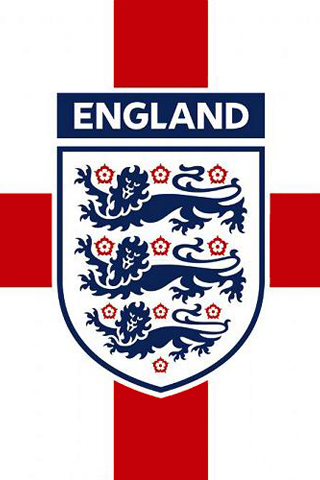

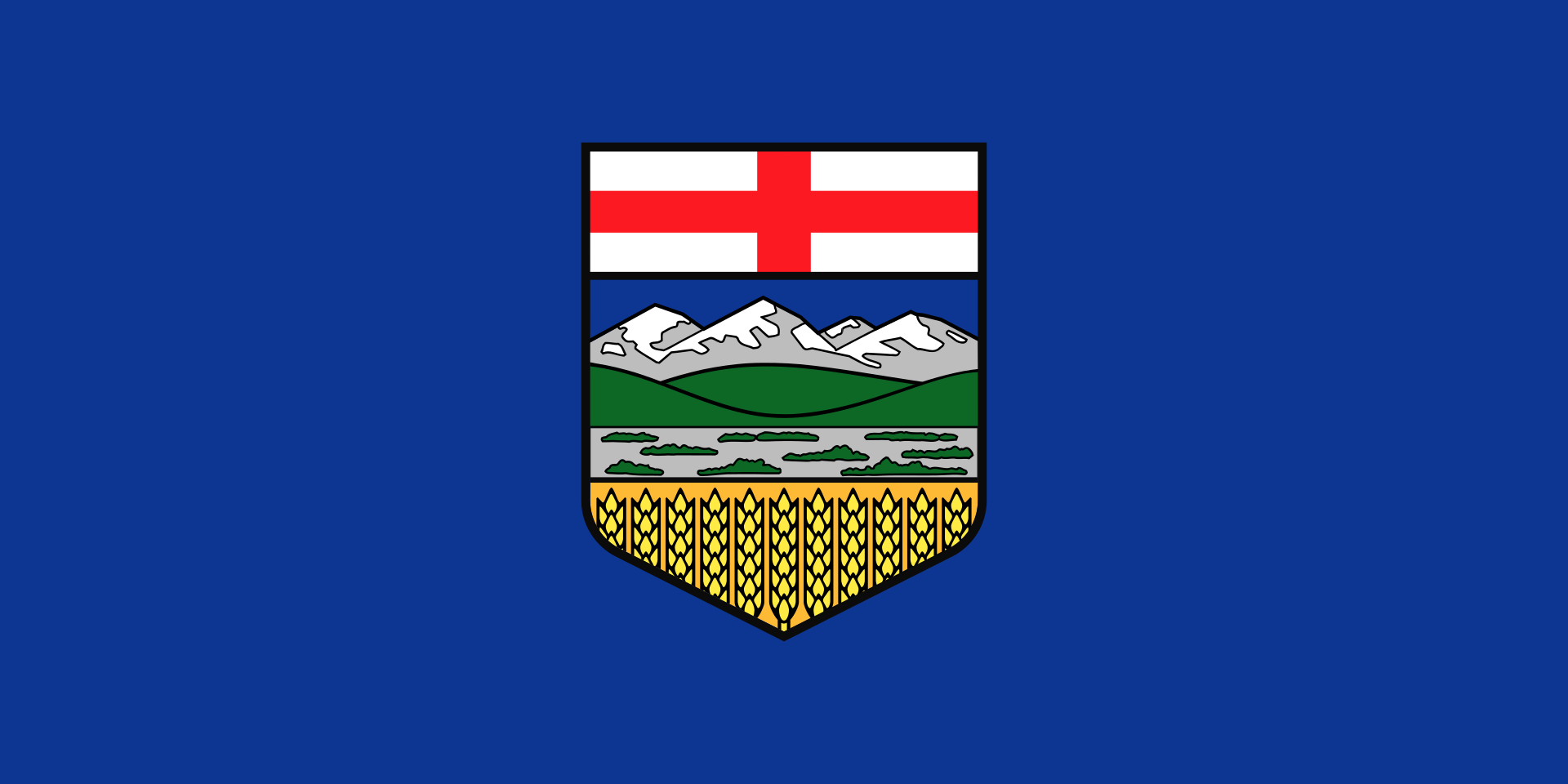 Alberta-AB
Alberta-AB

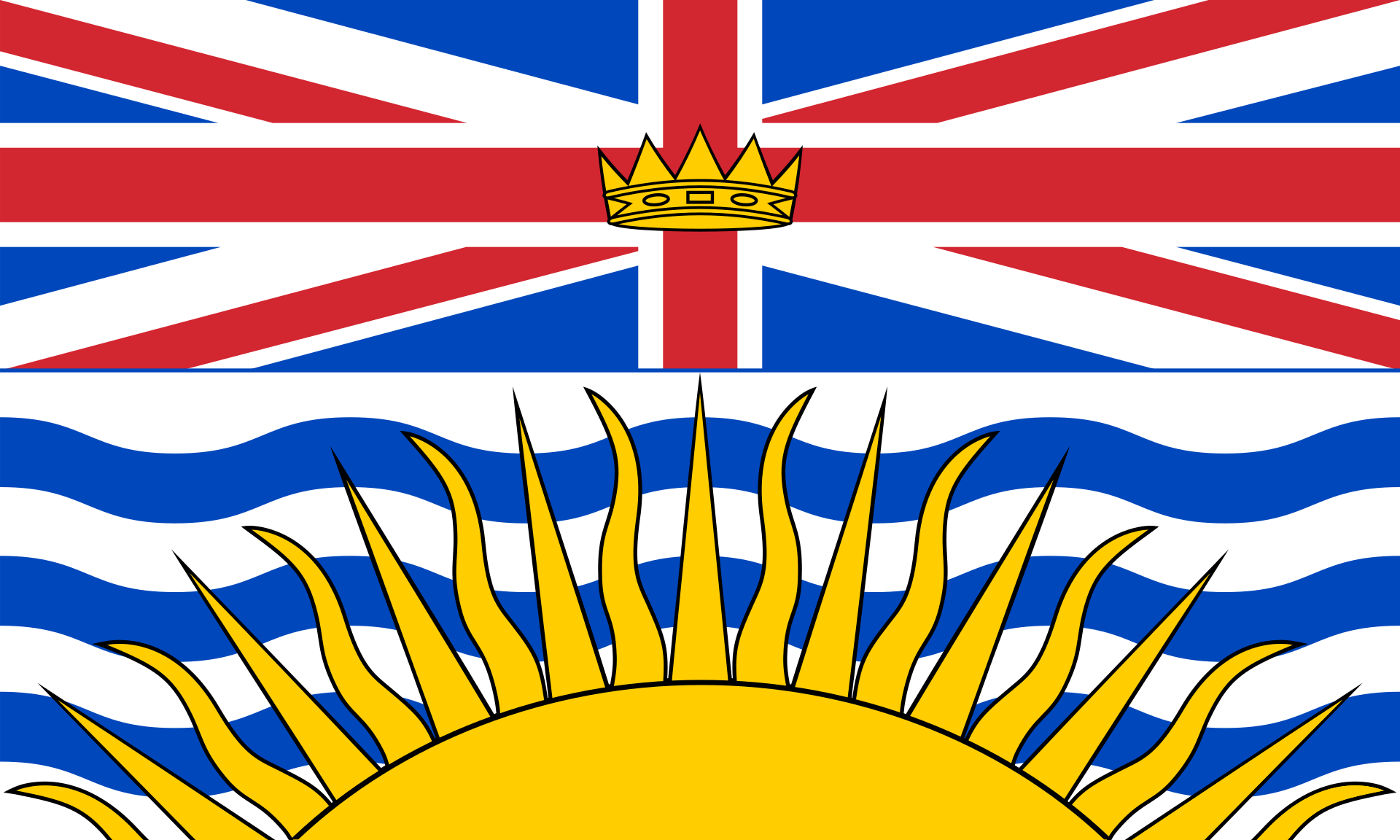 British Columbia-BC
British Columbia-BC
 FIFA
FIFA
 Women's Soccer World Cup 2015
Women's Soccer World Cup 2015
 Canada
Canada

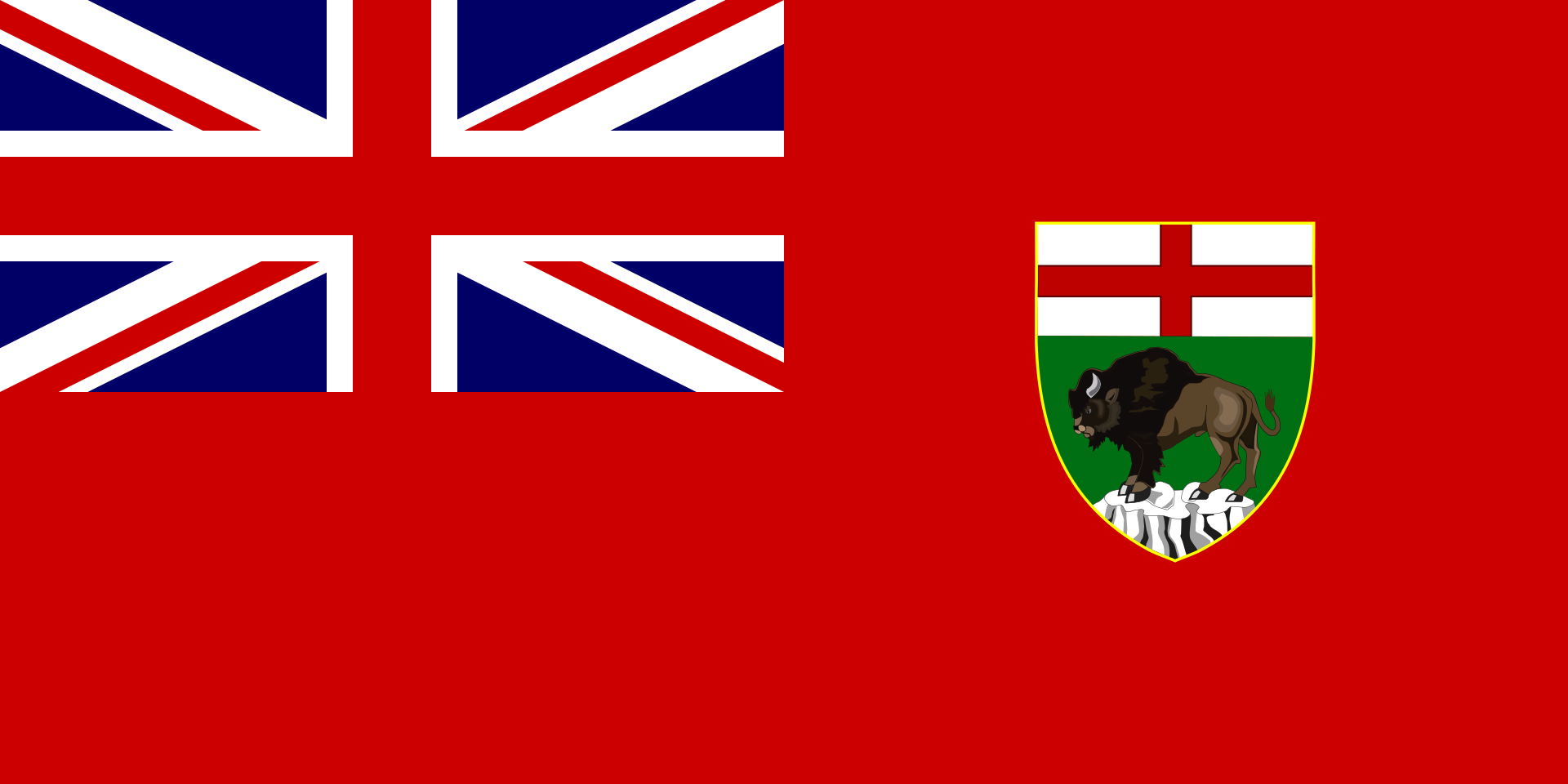 Manitoba-MB
Manitoba-MB

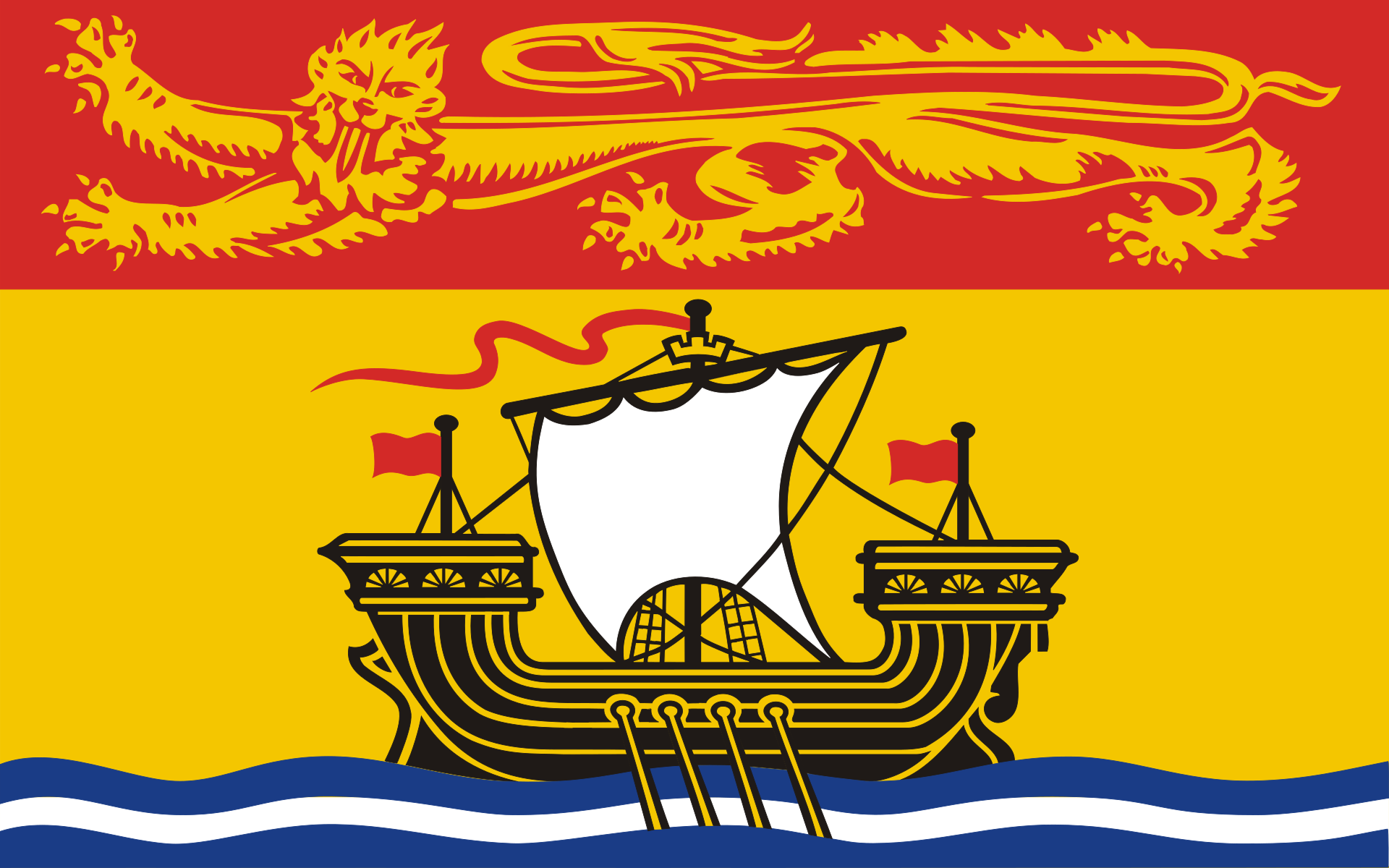 New Brunswick-NB
New Brunswick-NB

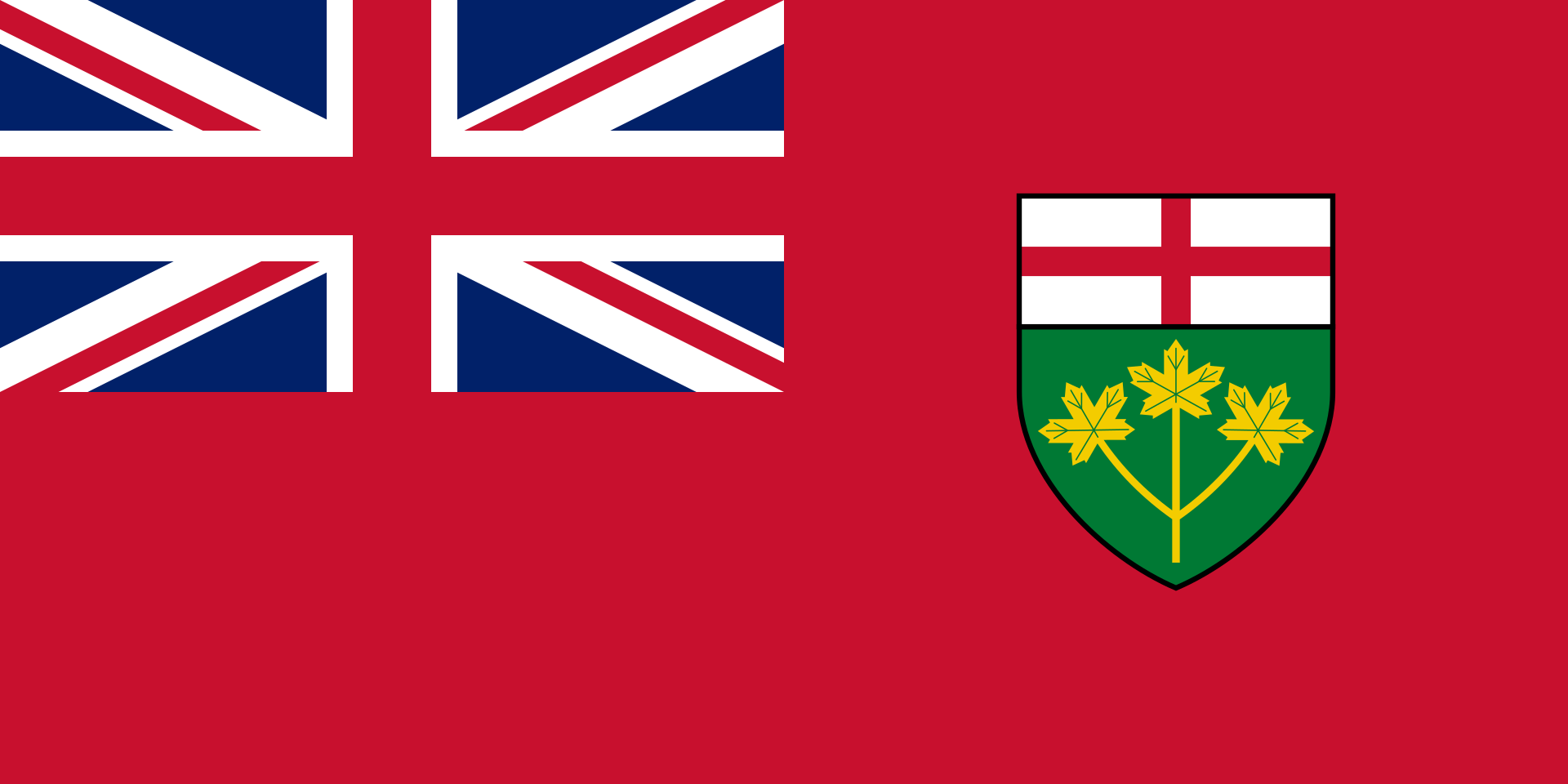 Ontario-ON
Ontario-ON

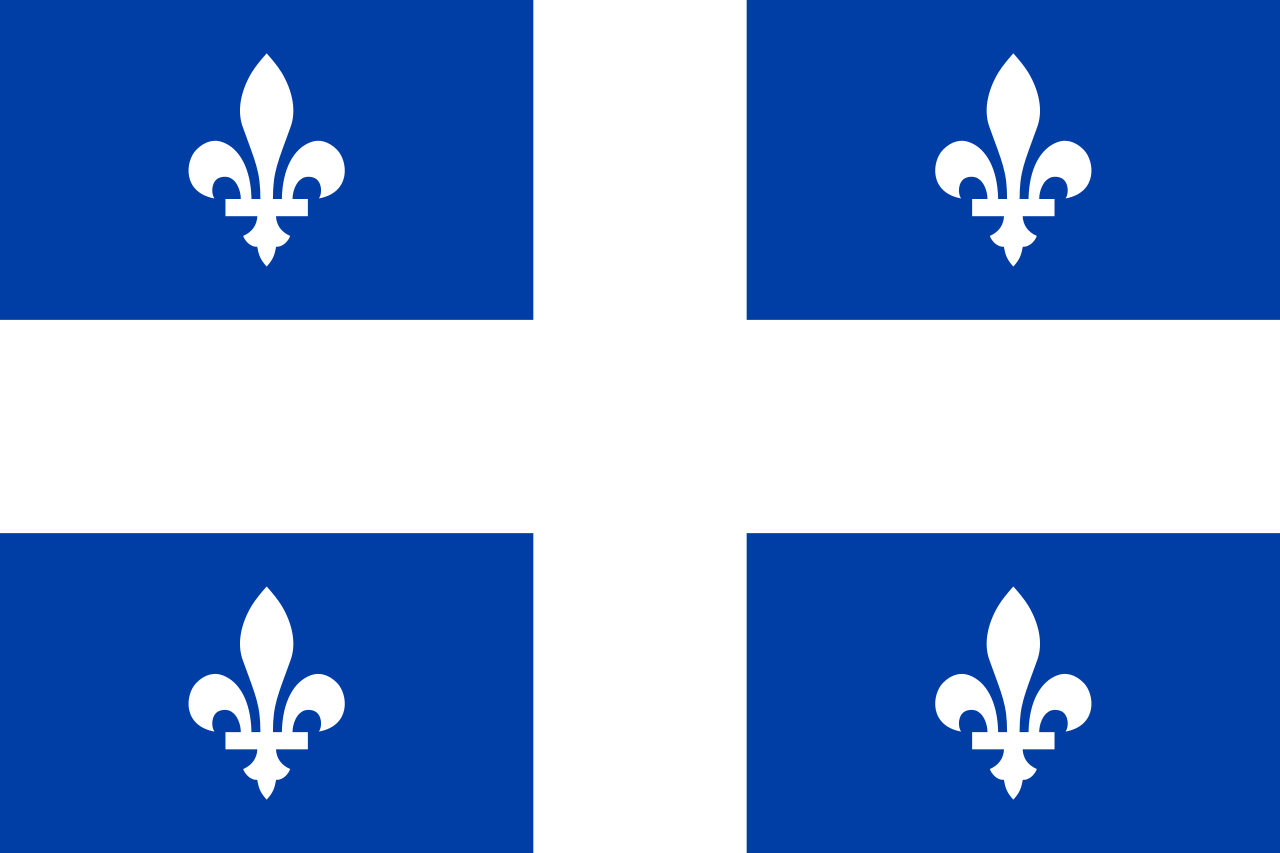 Quebec-QC
Quebec-QC

 Sport
Sport
 (F)Football World Cup
(F)Football World Cup
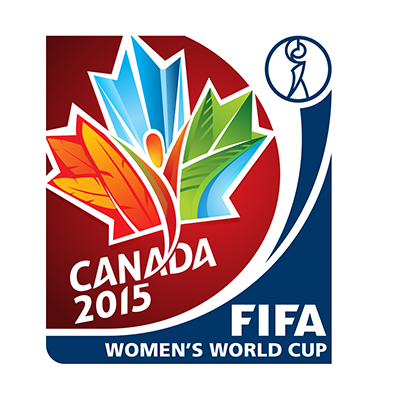
 AFC Champions League 2015
AFC Champions League 2015
 AFC Champions League 2016
AFC Champions League 2016
 AFC Champions League 2017
AFC Champions League 2017
 AFC Champions League 2018
AFC Champions League 2018
 AFC Champions League 2019
AFC Champions League 2019
 Asian Football Confederation
Asian Football Confederation
 CONCACAF
CONCACAF
 Confederación Sudamericana de Fútbol
Confederación Sudamericana de Fútbol
 Confederation of African Football
Confederation of African Football
 FIFA
FIFA
 FIFA Fussball-Weltmeisterschaft 1990
FIFA Fussball-Weltmeisterschaft 1990
 FIFA Fussball-Weltmeisterschaft 1994
FIFA Fussball-Weltmeisterschaft 1994
 FIFA Fussball-Weltmeisterschaft 1998
FIFA Fussball-Weltmeisterschaft 1998
 FIFA Fussball-Weltmeisterschaft 2002
FIFA Fussball-Weltmeisterschaft 2002
 FIFA Fussball-Weltmeisterschaft 2006
FIFA Fussball-Weltmeisterschaft 2006
 FIFA Fussball-Weltmeisterschaft 2010
FIFA Fussball-Weltmeisterschaft 2010
 FIFA Fussball-Weltmeisterschaft 2014
FIFA Fussball-Weltmeisterschaft 2014
 FIFA Fussball-Weltmeisterschaft 2018
FIFA Fussball-Weltmeisterschaft 2018
 FIFA Fussball-Weltmeisterschaft 2022
FIFA Fussball-Weltmeisterschaft 2022

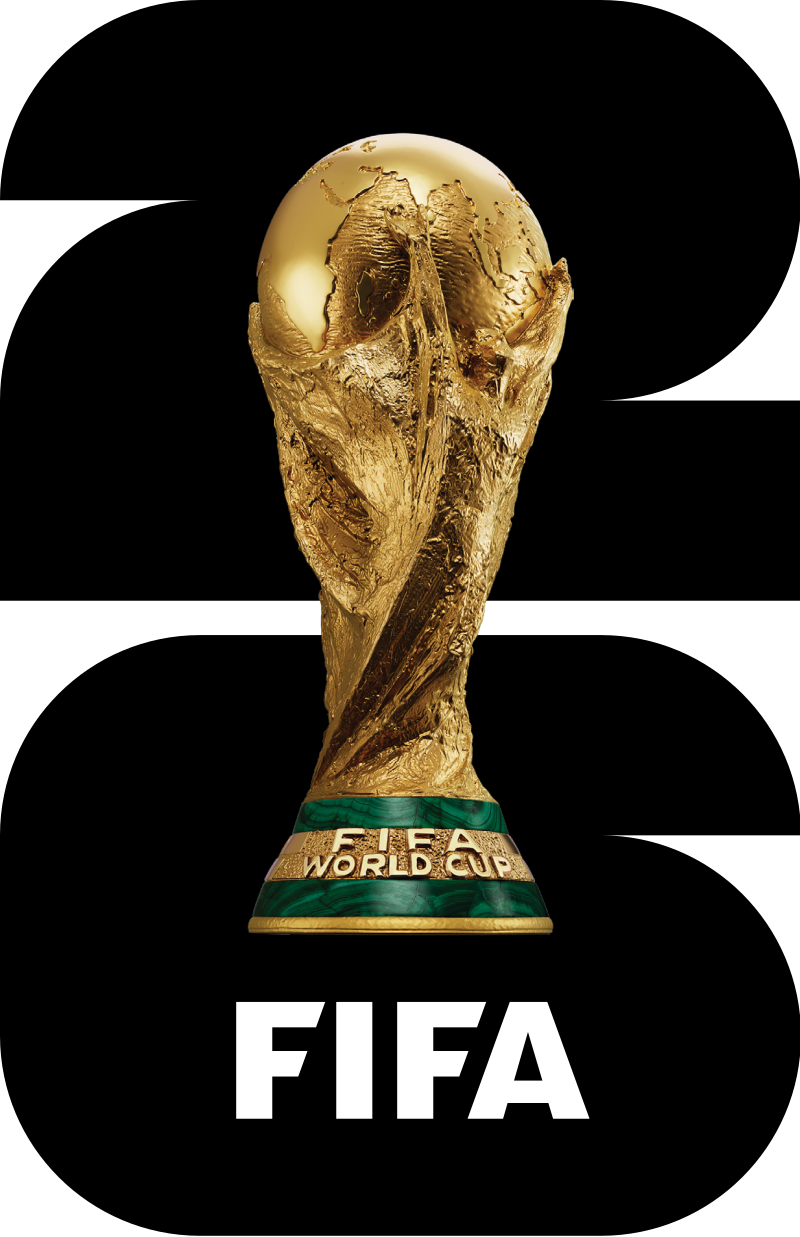 FIFA Fussball-Weltmeisterschaft 2026
FIFA Fussball-Weltmeisterschaft 2026
 FIFA-Konföderationen-Pokal 2013
FIFA-Konföderationen-Pokal 2013
 FIFA-Konföderationen-Pokal 2017
FIFA-Konföderationen-Pokal 2017
 Women's Soccer World Cup 1991
Women's Soccer World Cup 1991
 Women's Soccer World Cup 1995
Women's Soccer World Cup 1995
 Women's Soccer World Cup 1999
Women's Soccer World Cup 1999
 Women's Soccer World Cup 2003
Women's Soccer World Cup 2003
 Women's Soccer World Cup 2007
Women's Soccer World Cup 2007
 Women's Soccer World Cup 2011
Women's Soccer World Cup 2011
 Women's Soccer World Cup 2015
Women's Soccer World Cup 2015
 Women's Soccer World Cup 2019
Women's Soccer World Cup 2019
 Oceania Football Confederation
Oceania Football Confederation
 Switzerland
Switzerland
 Zurich
Zurich

 Sport
Sport
 (F)Football Women's World Cup
(F)Football Women's World Cup

 Sport
Sport
 (F)AFC Champions League
(F)AFC Champions League

 Sport
Sport
 (F)International soccer leagues
(F)International soccer leagues

 Sport
Sport
 (F)CAF Champions League
(F)CAF Champions League

 Sport
Sport
 (F)CONCACAF Champions League
(F)CONCACAF Champions League

 Sport
Sport
 (F)Copa Libertadores
(F)Copa Libertadores

 Sport
Sport
 (F)UEFA Champions League
(F)UEFA Champions League

 Sport
Sport
 (F)European football championship
(F)European football championship

 Sport
Sport
 (F)FIFA U-20 World Cup
(F)FIFA U-20 World Cup

 Sport
Sport
 (F)FIFA Confederations Cup
(F)FIFA Confederations Cup

 Sport
Sport
 (F)Soccer Asia Cup
(F)Soccer Asia Cup

 Sport
Sport
 (F)African Cup of Nations
(F)African Cup of Nations
 UEFA Champions League 2015/16
UEFA Champions League 2015/16
 UEFA Champions League 2016/17
UEFA Champions League 2016/17
 UEFA Champions League 2017/18
UEFA Champions League 2017/18
 UEFA Champions League 2018/19
UEFA Champions League 2018/19
 UEFA Champions League 2019/20
UEFA Champions League 2019/20
 UEFA Europa League 2017/18
UEFA Europa League 2017/18
 UEFA Europa League 2018/19
UEFA Europa League 2018/19
 UEFA Europa League 2019/20
UEFA Europa League 2019/20
 UEFA Nations League
UEFA Nations League
 Union of European Football Associations
Union of European Football Associations

 Important International Organizations
Important International Organizations

国际足球联合会(法语:Fédération Internationale de Football Association;英语:International Federation of Association Football[注 1]),简称国际足联(FIFA),是管理英式足球、室内五人足球和沙滩足球的国际体育组织,下辖211个会员协会。总部设于瑞士苏黎世。现任主席为吉安尼·因凡蒂诺。国际足联负责组织世界重大足球赛事,当中最著名的是4年举行一次的世界杯。[3]
Die Fédération Internationale de Football Association (deutsch Internationaler Verband des Association Football), kurz FIFA oder Fifa, ist ein privater Verband, der „die Kontrolle des Association Football in all seinen Formen“ zum Zweck hat.[3] Der Weltfußballverband ist ein gemeinnütziger Verein im Sinne der Artikel 60 ff. des Schweizerischen Zivilgesetzbuches mit Sitz in Zürich und im Handelsregister eingetragen.[4][5][6] Die FIFA muss als nicht steuerbefreiter Verein im Kanton Zürich eine reduzierte Gewinnsteuer von 4 % entrichten.[1][2]
Die FIFA erwirtschaftet in ihrer aktuellen Vierjahresertragsperiode 5,66 Milliarden Dollar, die zu 89 % aus der Vermarktung der von ihr organisierten Männer-Fußball-WM stammen. Darüber hinaus organisiert sie auch die Frauen-Fußball-WM und zahlreiche weitere Turniere. Ihr Präsident ist Gianni Infantino.
国際サッカー連盟(こくさいサッカーれんめい、仏: Fédération Internationale de Football Association)は、サッカー(アソシエーション式フットボール)の国際競技連盟であり、スイスの法律に基づいた自立法人である。略称はFIFA(フランス語発音: [fifa] フィファ、英語発音: [ˈfiːfə] フィーファ)。本部はスイスのチューリッヒに置かれている。
2018年時点で全211の国内競技連盟が加盟し[1]、国際競技連盟としては世界最大である[3]。FIFAワールドカップ・FIFA女子ワールドカップの主催が、もっとも大きな任務となっている。
The Fédération Internationale de Football Association[a] (FIFA /ˈfiːfə/ FEE-fə; French for International Federation of Association Football; Spanish: Federación Internacional de Fútbol Asociación; German: Internationaler Verband des Association Football) is a non-profit organization which describes itself as an international governing body of association football, fútsal, beach soccer, and efootball. It is the highest governing body of football.
FIFA was founded in 1904[3] to oversee international competition among the national associations of Belgium, Denmark, France, Germany, the Netherlands, Spain, Sweden, and Switzerland. Headquartered in Zürich, its membership now comprises 211 national associations. Member countries must each also be members of one of the six regional confederations into which the world is divided: Africa, Asia, Europe, North & Central America and the Caribbean, Oceania, and South America.
Today, FIFA outlines a number of objectives in the organizational Statues, including growing football internationally, providing efforts to ensure football is accessible to everyone, and advocating for integrity and fair play.[4] FIFA is responsible for the organization and promotion of football's major international tournaments, notably the World Cup which commenced in 1930 and the Women's World Cup which commenced in 1991. Although FIFA does not solely set the rules of football, that being the responsibility of the International Football Association Board of which FIFA is a member, it applies and enforces the rules across all FIFA competitions.[5] All FIFA tournaments generate revenue from sponsorship; in 2018, FIFA had revenues of over US $4.6 billion, ending the 2015–2018 cycle with a net positive of US$1.2 billion, and had cash reserves of over US$2.7 billion.[6]
Reports by investigative journalists have linked FIFA leadership with corruption, bribery, and vote-rigging related to the election of FIFA president Sepp Blatter and the organization's decision to award the 2018 and 2022 World Cups to Russia and Qatar, respectively. These allegations led to the indictments of nine high-ranking FIFA officials and five corporate executives by the U.S. Department of Justice on charges including racketeering, wire fraud, and money laundering. On 27 May 2015, several of these officials were arrested by Swiss authorities, who were launching a simultaneous but separate criminal investigation into how the organization awarded the 2018 and 2022 World Cups. Those among these officials who were also indicted in the U.S. are expected to be extradited to face charges there as well.[7][8][9] Many officials were suspended by FIFA's ethics committee including Sepp Blatter[10] and Michel Platini.[11] In early 2017 reports became public about FIFA president Gianni Infantino attempting to prevent the re-elections[12] of both chairmen of the ethics committee, Cornel Borbély and Hans-Joachim Eckert, during the FIFA congress in May 2017.[13][14] On 9 May 2017, following Infantino's proposal,[15] FIFA Council decided not to renew the mandates of Borbély and Eckert.[15] Together with the chairmen, 11 of 13 committee members were removed.[16]
La Fédération internationale de football association2 (souvent désignée par l'acronyme FIFA) est la fédération sportive internationale du football, du futsal et du football de plage. Association des fédérations nationales fondée le 21 mai 1904 à Paris, elle a pour vocation de gérer et de développer le football dans le monde. La Coupe du monde de football est créée en 1924 par Jules Rimet3, président de la fédération internationale de 1920 à 1954. Le terme Football Association est le nom originel du football, utilisé pour le distinguer des autres sports de ballon.
Fondée par les fédérations d'Allemagne, de Belgique, du Danemark, d'Espagne, de France, des Pays-Bas, de Suède et de Suisse, elle compte au 13 mai 2016 211 associations nationales affiliées à travers le monde, qui doivent être reconnues par l'une des six confédérations continentales. Son siège est situé depuis 1932 à Zurich, en Suisse.
Bien qu'étant officiellement une association à but non lucratif, la FIFA brasse un chiffre d'affaires très important du fait de l'organisation des compétitions et de leur sponsoring. En 2013, la FIFA génère 1,3 milliard de dollars de chiffre d'affaires, et dispose de réserves évaluées à 1,4 milliard de dollars4. La FIFA est chargée de l'organisation des grands tournois mondiaux, et notamment des Coupes du monde masculines, depuis le 13 juillet 1930, et féminines, depuis le 30 novembre 1991.
Après plusieurs années de rumeurs et d'enquêtes de journalistes sur les affaires financières au sein de la FIFA, notamment autour de l'attribution de l'organisation des Coupes du monde de 2018 et 2022 à la Russie et au Qatar, une enquête lancée par le département de la Justice des États-Unis pour des faits de corruption aboutit à un grand scandale en 2015, à la suite duquel le président Sepp Blatter, le 2 juin 2015, trois jours après sa réélection pour un cinquième mandat, annonce qu'il convoque un congrès extraordinaire, prévu en février 2016, afin de remettre son mandat de président à disposition. Le 8 octobre 2015, la commission d'éthique de la FIFA suspend Sepp Blatter de manière provisoire, pendant 90 jours5. Le 21 décembre 2015, la commission suspend Sepp Blatter pour 8 ans6. Cette suspension est ramenée à six ans le 24 février 2016, peu avant l'élection de son successeur, Gianni Infantino, le 26 février 2016.
La Fédération Internationale de Football Association (in italiano "Federazione internazionale di calcio"[Nota 1]), più nota con l'acronimo FIFA, è la federazione internazionale che governa gli sport del calcio, del calcio a 5 e del beach soccer. La sua sede si trova a Zurigo, in Svizzera, e il presidente è Gianni Infantino, eletto nel 2016.
La federazione fu fondata a Parigi il 21 maggio 1904 e si occupa dell'organizzazione di tutte le manifestazioni intercontinentali degli sport sopraccitati, tra le quali la più importante è sicuramente il Campionato mondiale di calcio, che premia il vincitore con il trofeo della Coppa del Mondo. Tale torneo viene disputato ogni quattro anni dal 1930, eccetto che per il 1942 e il 1946 a causa della Seconda guerra mondiale, e la federazione ha il compito di scegliere il paese organizzatore che ospita la fase finale della manifestazione.
La Fédération Internationale de Football Association2 (en español: Federación Internacional de Fútbol Asociación),3 universalmente conocida por sus siglas FIFA, es la institución que gobierna las federaciones de fútbol en todo el planeta. Se fundó el 21 de mayo de 1904 y tiene su sede en Zúrich, Suiza. Forma parte del IFAB, organismo encargado de modificar las reglas del juego. Además, la FIFA organiza la Copa Mundial de Fútbol, los otros campeonatos del mundo en sus distintas categorías, ramas y variaciones de la disciplina, y los Torneos Olímpicos a la par del COI.
La FIFA agrupa 211 asociaciones o federaciones de fútbol de distintos países, contando con 17 países afiliados más que la Organización de las Naciones Unidas, tres menos que la Asociación Internacional de Federaciones de Atletismo y dos menos que la Federación Internacional de Baloncesto.45
Междунаро́дная федера́ция футбо́ла[1] (фр. Fédération Internationale de Football Association, сокращённо FIFA, в русской транслитерации — ФИФА́) — главная футбольная организация, являющаяся крупнейшим международным руководящим органом в футболе, мини-футболе и пляжном футболе. Штаб-квартира ФИФА находится в швейцарском городе Цюрихе.
Под эгидой ФИФА проходят все футбольные турниры всемирного масштаба, в числе которых чемпионат мира ФИФА, аналогичный турнир среди женщин, молодёжные и юношеские турниры, Кубок конфедераций и клубный чемпионат мира.
 Architecture
Architecture


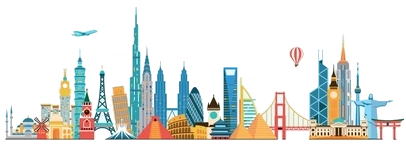 International cities
International cities